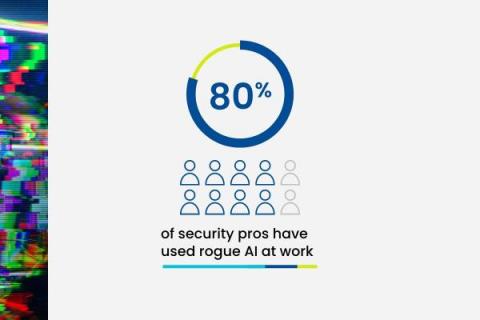3 Ways AI Transforms Security
Security AI usage has surged, and enterprises are reaping the benefits. In its 2022 Cost of a Data Breach Report, IBM found that organizations deploying security AI and automation incurred $3.05 million less on average in breach costs – the biggest cost saver found in the study. According to the study, organizations using security AI and automation detected and contained breaches faster. However, while leveraging AI clearly makes a difference, organizations must implement the right architecture.








